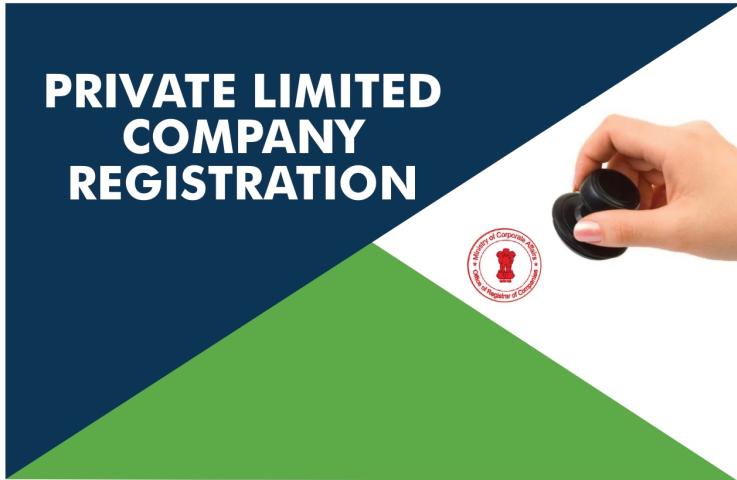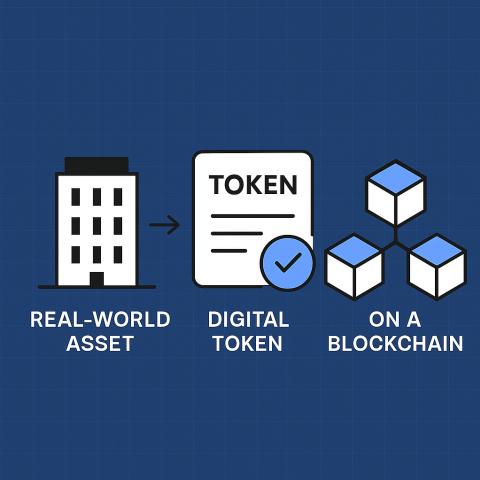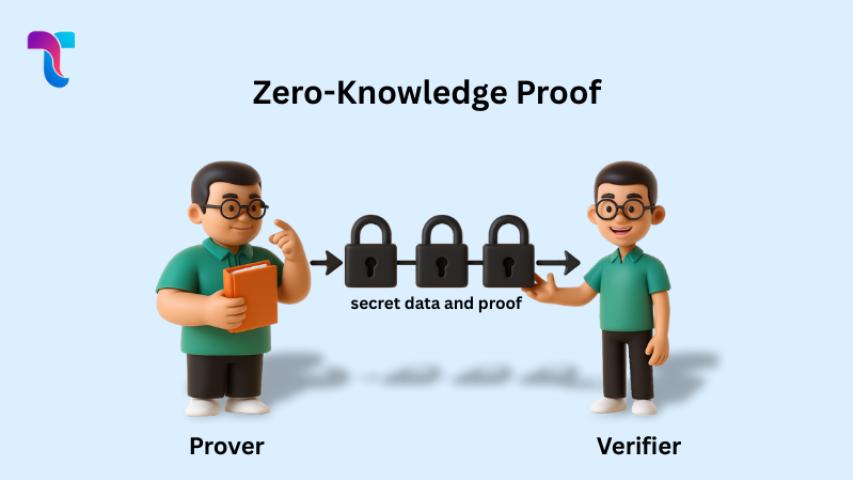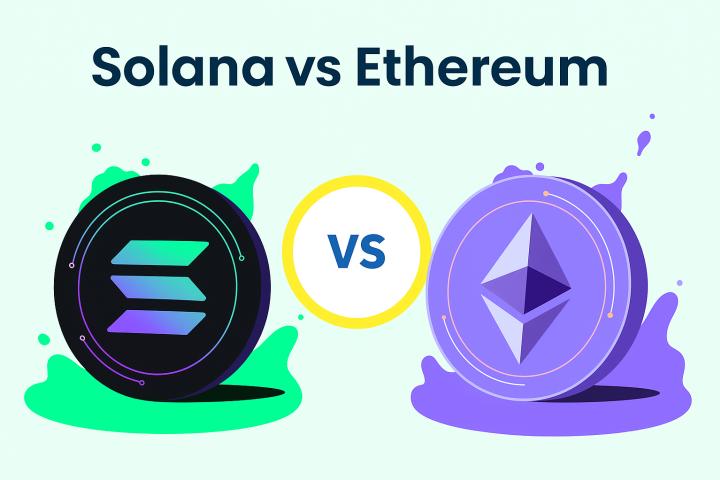Introduction
The supply chain industry, a complex network of interconnected businesses, has long grappled with issues of transparency, traceability, and security. Traditional systems often involve multiple intermediaries, paper-based processes, and manual data entry, leading to inefficiencies, delays, and vulnerabilities. Private blockchain technology, with its decentralized, secure, and transparent nature, is emerging as a powerful tool to transform this landscape.
Understanding Private Blockchain
Unlike public blockchains like Bitcoin, private blockchains operate on a permissioned basis, allowing only authorized participants to join the network. This controlled environment enhances security and privacy, making it ideal for supply chain applications where sensitive data is involved.
Key Benefits of Private Blockchain in Supply Chain
Enhanced Transparency and Traceability:
Real-time visibility into product movement across the supply chain.
Immutable record of transactions, preventing tampering and fraud.
Improved ability to track product origins, ensuring authenticity and compliance.
Increased Efficiency and Cost Reduction:
Automation of processes through smart contracts, reducing manual intervention.
Streamlined document management and sharing.
Reduced operational costs by eliminating intermediaries.
Strengthened Security:
Cryptographic protection of data, preventing unauthorized access.
Reduced risk of counterfeit products and supply chain disruptions.
Improved Supply Chain Collaboration:
Shared platform for all stakeholders to access and update information.
Enhanced trust and collaboration among supply chain partners.
Real-World Applications
Food Safety: Tracking food products from farm to table, identifying contamination sources quickly.
Pharmaceutical Supply Chain: Ensuring drug authenticity, preventing counterfeit medications, and monitoring cold chain conditions.
Luxury Goods: Preventing counterfeits, verifying product authenticity, and enhancing brand reputation.
Automotive Industry: Tracking vehicle components, managing recalls efficiently, and improving supply chain resilience.
Challenges and Considerations
Interoperability: Integrating with existing systems and ensuring seamless data exchange.
Scalability: Handling large volumes of data and transactions efficiently.
Regulatory Compliance: Adhering to industry-specific regulations and data privacy laws.
Adoption: Overcoming resistance to change and educating stakeholders about blockchain benefits.
Conclusion
Maticz, private blockchain development helps you revolutionize the supply chain industry by addressing its longstanding challenges. By enhancing transparency, efficiency, security, and collaboration, it can create a more resilient, sustainable, and trustworthy supply chain ecosystem. As technology continues to evolve, we can expect to see even more innovative applications emerge in the coming years.

















